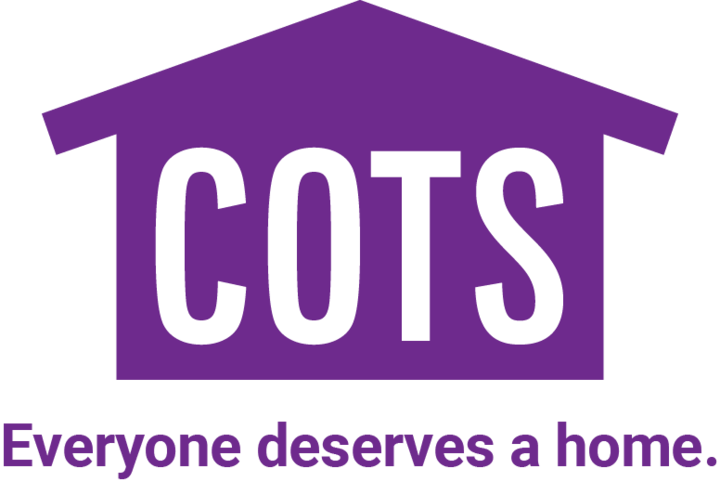
Mission & Approach
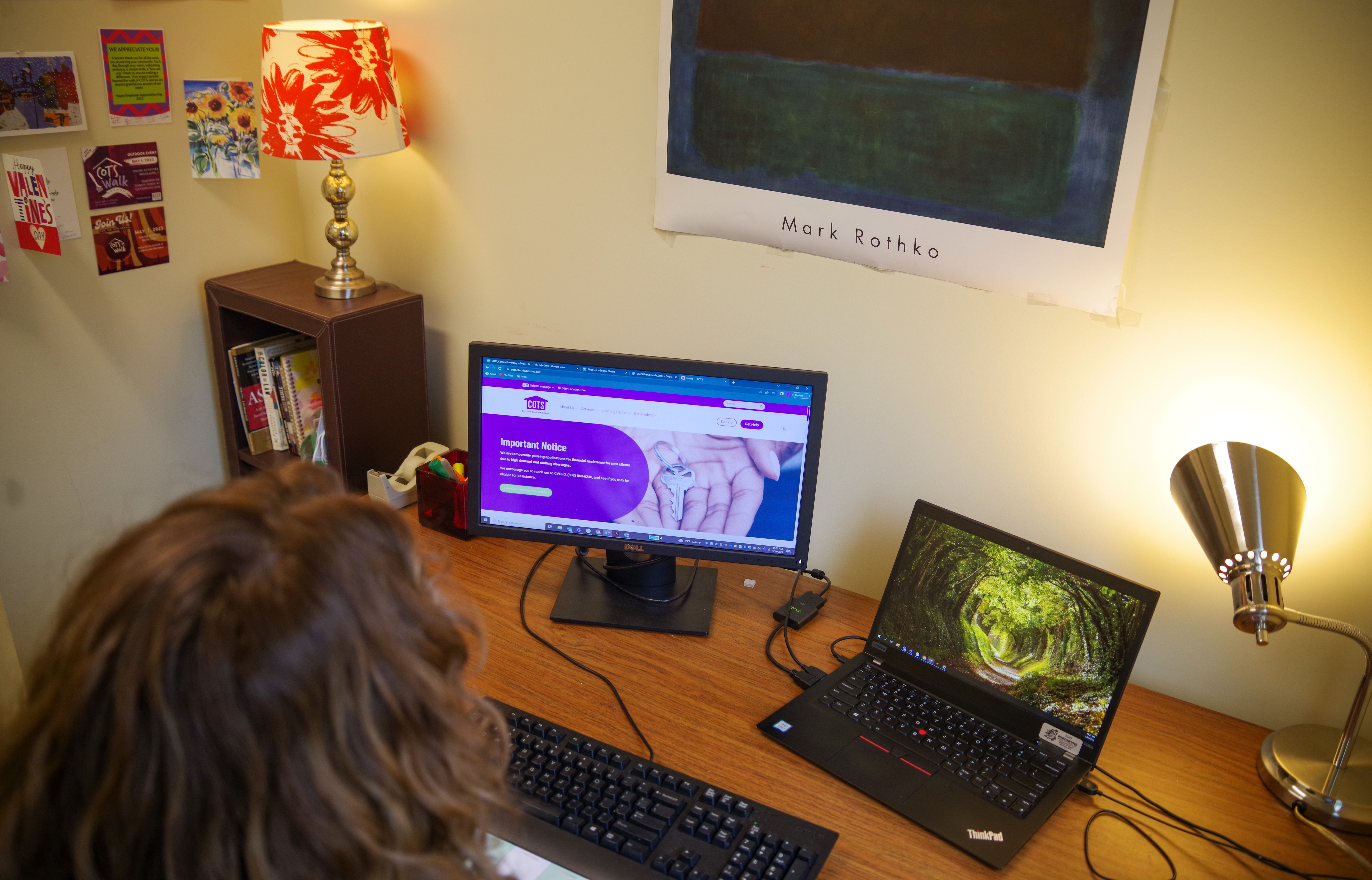
Core Values
Everyone should have a secure place to call home. We believe...
-
In the value and dignity of every human life.
-
That housing is a fundamental human right.
-
That emergency shelter is not the solution to homelessness.
Diversity, Equity, Inclusion, & Belonging
COTS believes in the value and dignity of every human life. Our dedication to
Diversity, Equity, Inclusion, and Belonging is not just an aspect of our mission
and values, it is at the core of who we are. We strive to foster a safe, welcoming,
and supportive space for all. To achieve this, we are committed to the following
actions:
• We continuously collect and review feedback from those we serve and those
we work with to ensure that we are living our values and treating everyone
with dignity and respect.
• We acknowledge that members of the BIPOC and LGBTQIA+ communities are
disproportionately impacted by homelessness. We actively work to ensure the
services we offer and the support we provide are in alignment with the needs
of these and other marginalized communities.
• We aim to recruit team members that reflect the diversity of our community
and those we serve. Beyond recruitment, once an individual is part of our
team, we focus on cultivating a culture that allows all members of Team COTS
to bring their authentic selves to work.
• We invest the time and resources necessary to continually improve our
understanding of diversity, equity, inclusion, and belonging, through
intentional education, celebration, and reflection on our current practices.
We must intentionally address all barriers to accessing housing, the inequities in
our systems, and the evolving needs of our community. We know that we are
not there yet, that the work never ends, and that we can always improve.
Approach
At COTS, we take a person-centered approach. We believe that every individual possesses an innate dignity, a capacity to overcome adversity and a potential for transformation. Across all our programs and services, we integrate an investment philosophy in the promise of the individuals and families we serve.
We celebrate that COTS is an innovative provider in our community, often piloting best practices in our field that are later replicated statewide. We seek to continually learn and adapt to better serve the people who call on us for assistance. To help us better achieve those objectives, we utilize a variety of techniques in our programs and services to create better outcomes for our clients.
Our Techniques for Better Client Outcomes
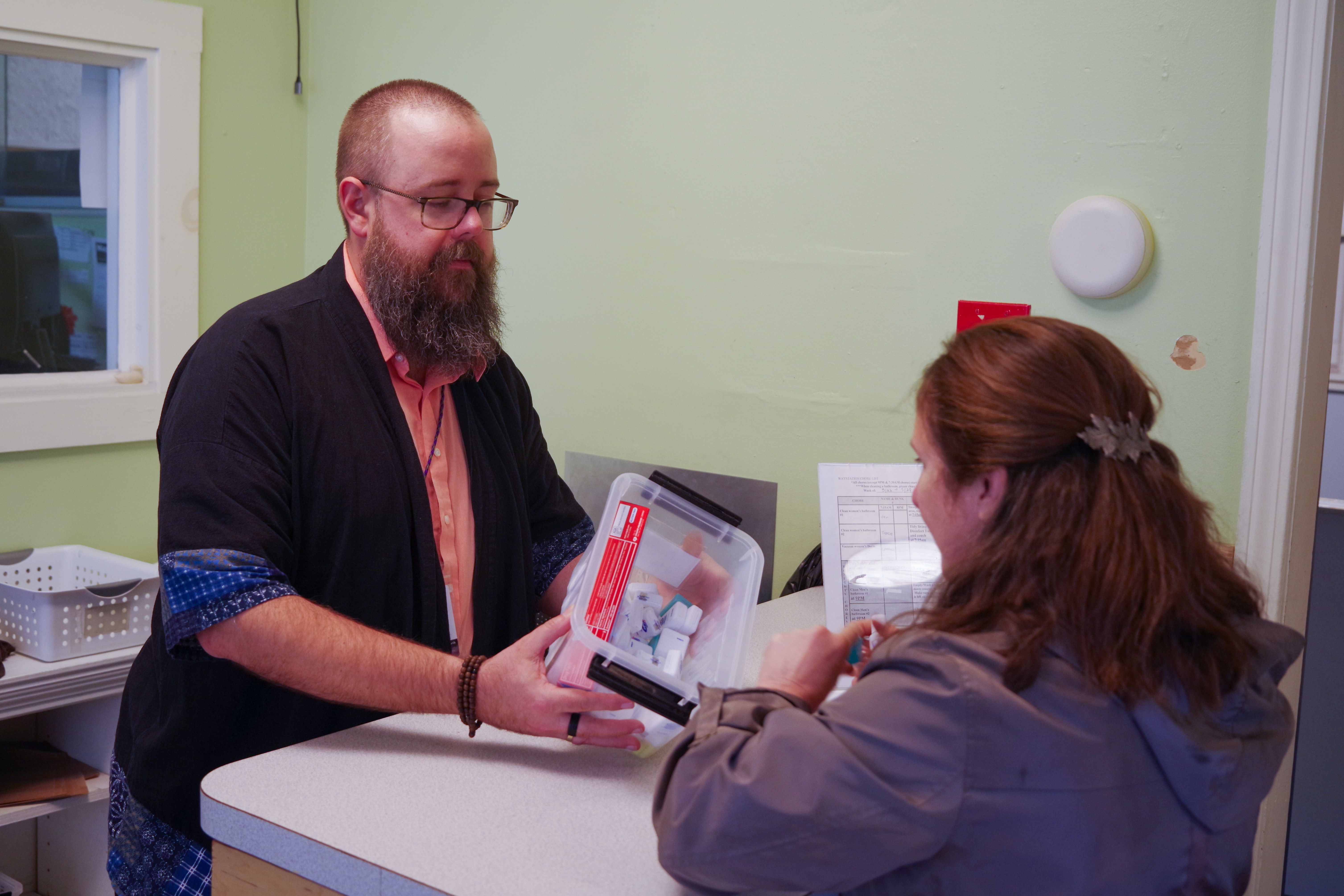
Trauma-Informed Care
Acknowledging the presence of trauma symptoms and recognizing the role trauma plays in their lives, trauma-informed care is an approach to engaging people with histories of trauma. It also emphasizes physical, psychological, and emotional safety for consumers and providers, helping survivors rebuild a sense of control and empowerment. COTS staff receive Trauma-Informed Care training as a basis for our service model.
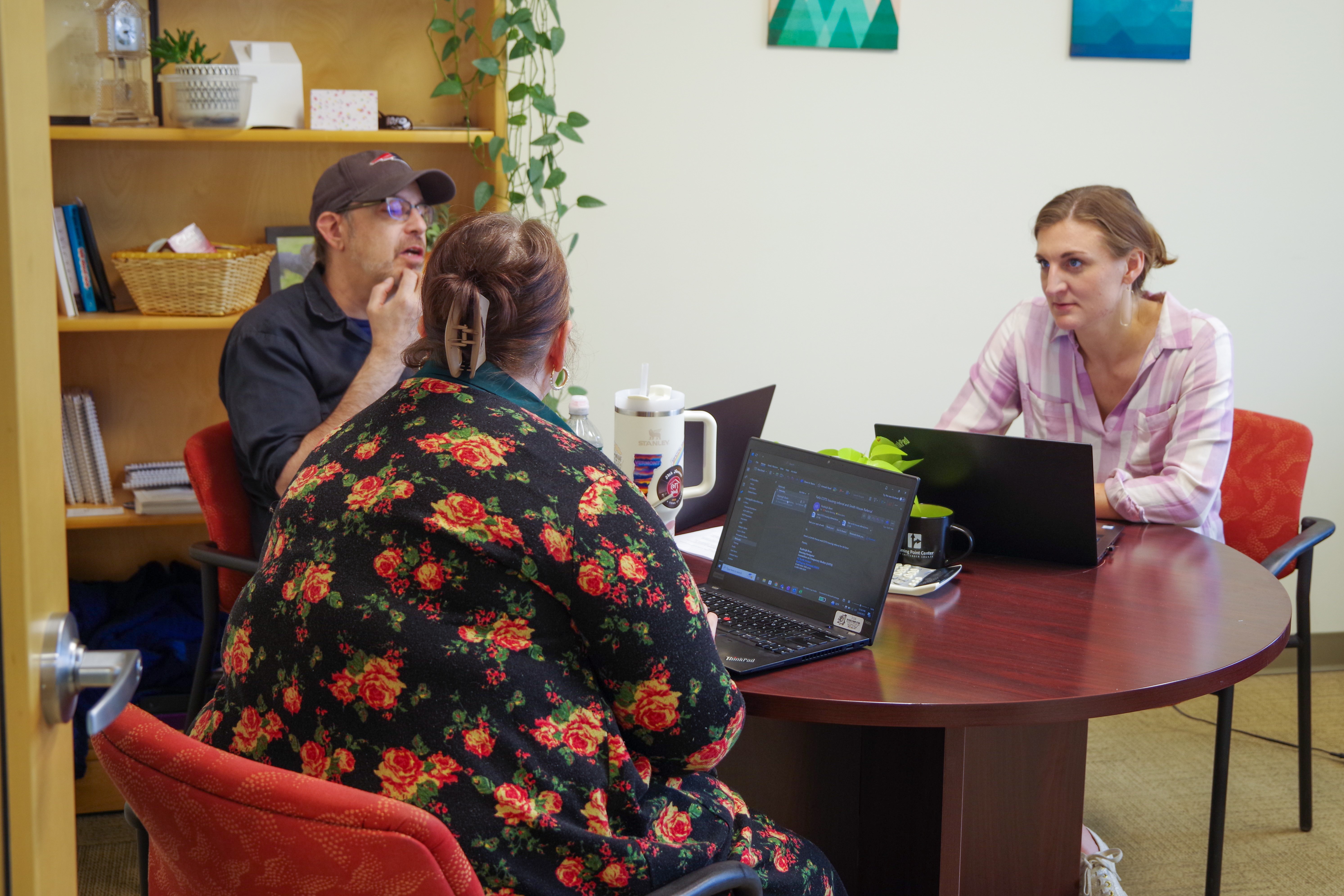
Trauma-Informed Design
Like trauma-informed care, trauma-informed design takes into account the high rates of trauma experienced by clients and adapts the physical environment to better meet their needs. Intentional design choices foster feelings of physical and emotional safety and create a calm environment.
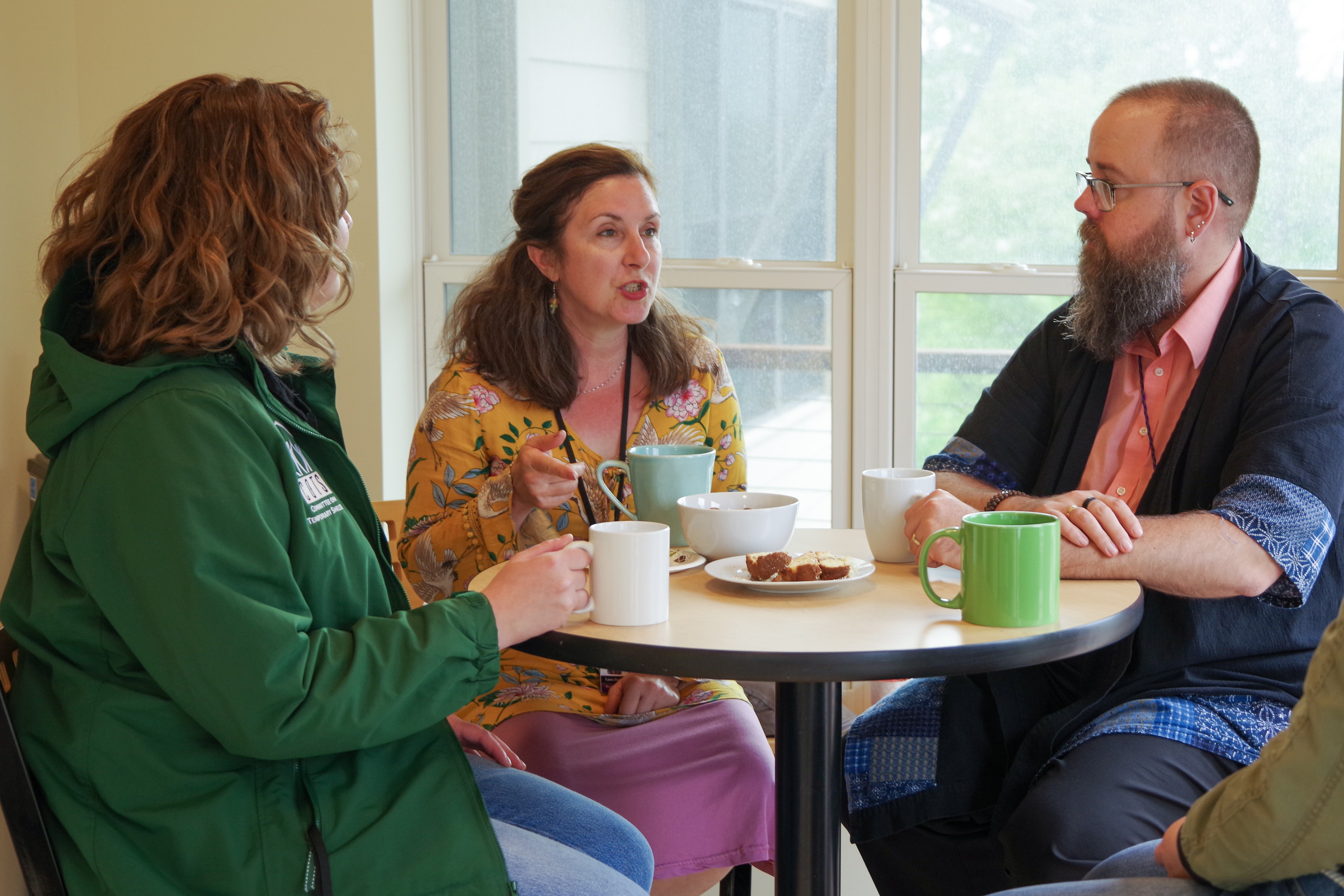
Motivational Interviewing
In a collaborative, person-centered form of guiding interactions with clients to elicit and strengthen their motivation for change, motivational interviewing plays a crucial role. COTS staff receive training on Motivational Interviewing as part of our onboarding process.
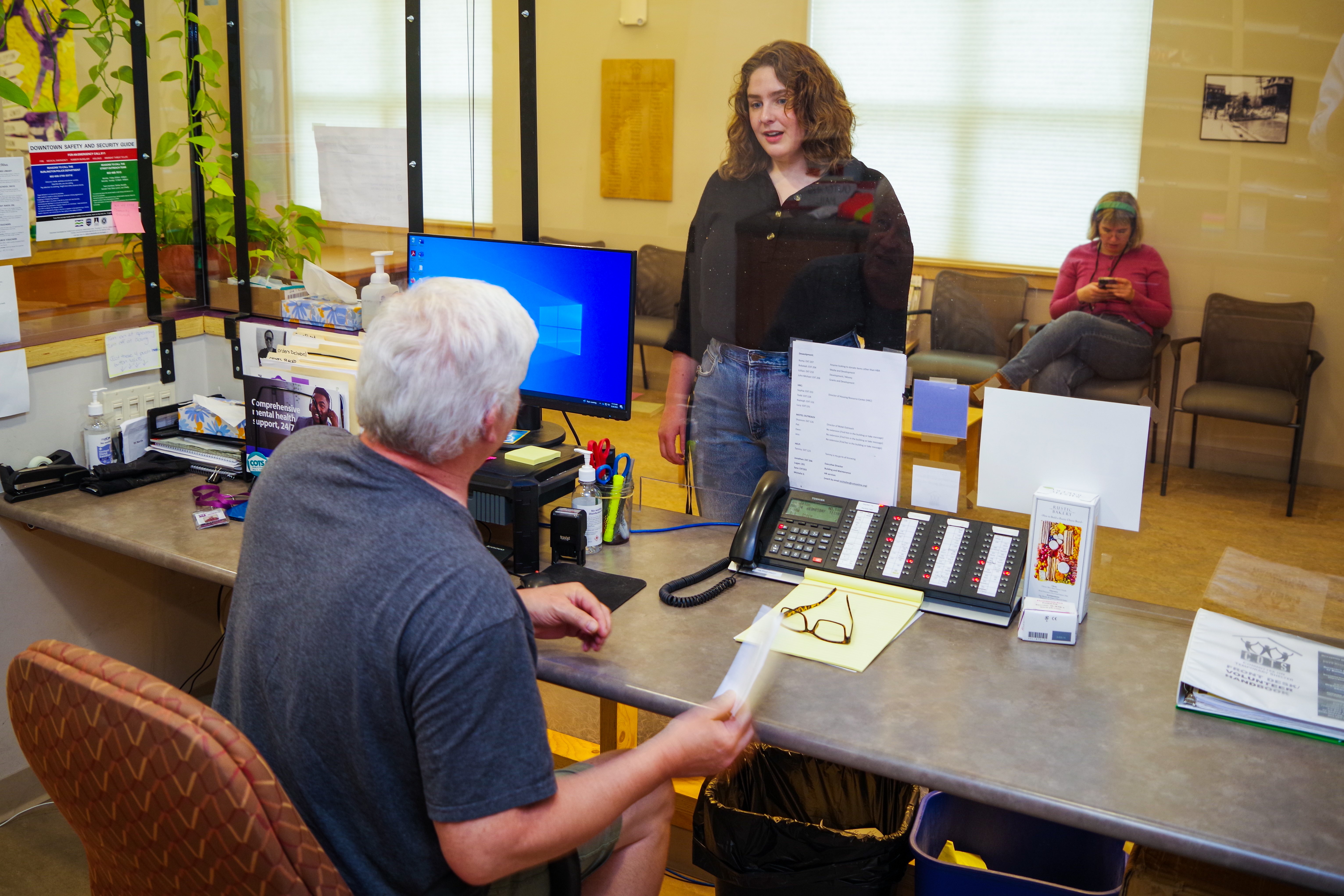
Compassion Fatigue Awareness
Recognizing that people who actively work with those who have experienced great suffering and loss can themselves experience negative levels of stress because of those regular interactions, Compassion Fatigue Awareness requires an attentive approach that includes prevention, assessment, and harm reduction for staff and volunteers providing direct client service.
